Cancelling your registration will remove your access to the event. If you proceed, you will no longer be able to participate or access event-related materials.
Deleting your account will remove your access to the event.
On-Demand viewing will be available September 8-October 31, 2025.




Welcome to the vFairs Brainstorm Expo 2023. Take a peek inside and see what you can achieve with vFairs. Browse through our fully functional event in order to learn about our features and functionalities. Register today! It’s free and on-demand, so you can revisit as much as you’d like.
It’s simple -- vFairs’ all-in-one platform is backed by years of experience. Our team of experts offer innovative event solutions for any occasion.


CEO at vFairs
Muhammad Younas is the CEO at vFairs. With over 13 years of experience in the software space, Younas has conceptualized and grown multiple highly profitable B2B SaaS businesses reaching millions of users around the world.
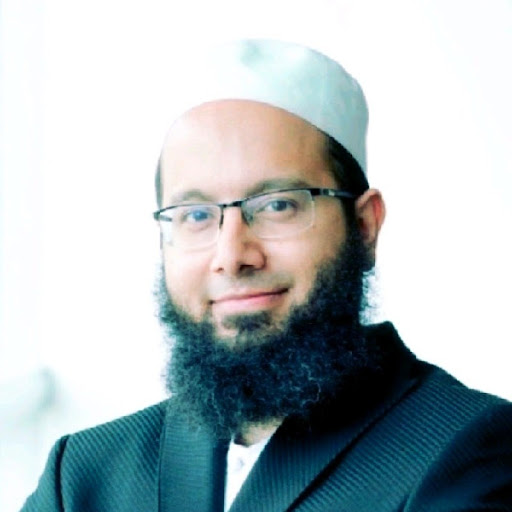
Marketing Director at vFairs
Aatir is the Director of Marketing and Product Management with vFairs. leads a diverse team of marketers to attract and nurture prospects from awareness to satisfied clients. He brings with him over 13 years of experience in product management and a wide range of knowledge in marketing for SaaS products.

Project Director at vFairs
Adnan is the Director of Projects & Service Delivery with vFairs. Under his leadership, a team of highly skilled project managers and project coordinators deliver virtual events to clients across North America, the UK and Asia.

Customer Service Director at vFairs
Rabia is the Director of Customer Service at vFairs. Rabia leads a team of highly skilled customer service managers who establish long-lasting partnerships with vFairs’ valued clients. She ensures that existing customers are achieving continued success and positive outcomes with each virtual event.
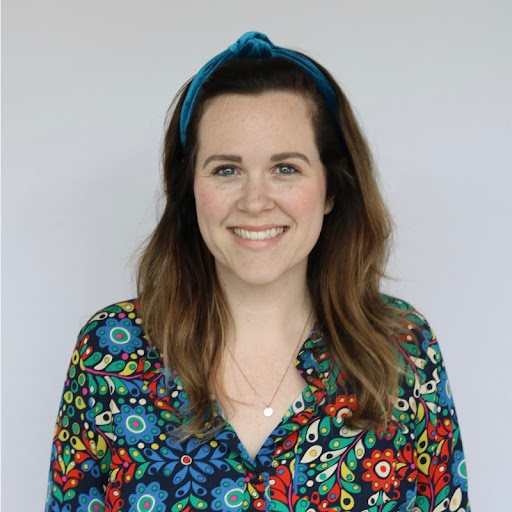
Customer Service Director at vFairs
Candice is the Director of Customer Service at vFairs, with a specific focus on US-based clients. Candice leads a team of highly skilled customer service managers who establish long-lasting partnerships with vFairs’ valued clients. She ensures that existing customers are achieving continued success and positive outcomes with each virtual event.

Director of Human Resources at vFairs
Abigail is the Director of Human Resources at vFairs. She strives to empower the team, promote their development, celebrate their successes, help them see bright spots, be part of the company culture, and strategize team and organizational growth.
Director of Product Management at vFairs

Engineering Director at vFairs
Naseer is the Director of Engineering at vFairs. He manages the development and implementation of vFairs’ wide range of solutions and features.

M. Younas
CEO vFairs
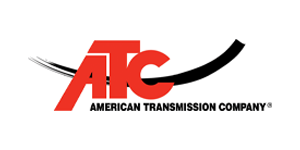
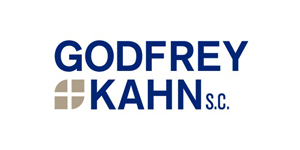
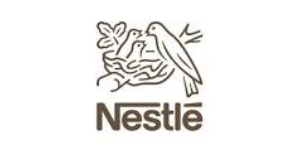






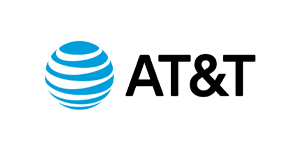
Ready to see the vFairs platform in action? Register to gain access to the event today!

